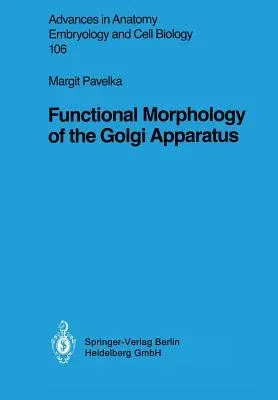Margit Pavelka
(Author)Functional Morphology of the Golgi Apparatus (1987)Paperback - 1987, 18 September 1987

Qty
1
Turbo
Ships in 2 - 3 days
In Stock
Free Delivery
Cash on Delivery
15 Days
Free Returns
Secure Checkout
Part of Series
Advances in Anatomy, Embryology and Cell Biology
Print Length
96 pages
Language
English
Publisher
Springer
Date Published
18 Sep 1987
ISBN-10
3540180621
ISBN-13
9783540180623
Description
Product Details
Author:
Book Edition:
1987
Book Format:
Paperback
Country of Origin:
DE
Date Published:
18 September 1987
Dimensions:
24.41 x
16.99 x
0.58 cm
ISBN-10:
3540180621
ISBN-13:
9783540180623
Language:
English
Location:
Berlin, Heidelberg
Pages:
96
Publisher:
Weight:
185.97 gm

